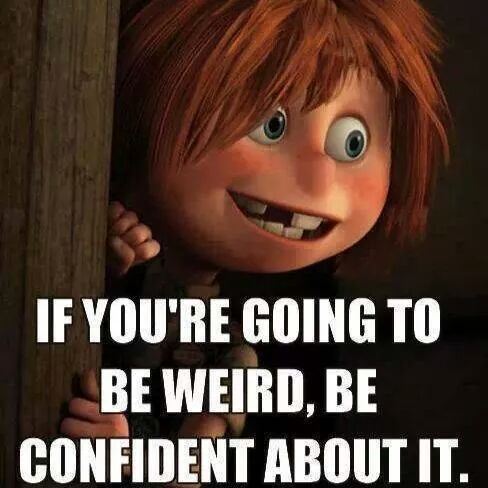
Matt and Charlotte, are young, vivacious, and just married. They haven't started to hate each other yet. Waking up the morning after their very normal wedding, they each wake up to find a not-quite-right version of the other. Oh, and Charlotte's somehow managed to get on a space ship, with a humanoid creature that seems a lot like her very normal cat to boot. Everything is decidedly
strange and the not-quite-right versions of their partner are even stranger, babbling of stories and sentient frogs. If this sounds like a solidly weird sci-fi/fantasy novel to you, you'd be correct, but boy does it wear it well.
Like the Grand Idiot that I am I didn't realise that this was sort of part of a series before picking it up. And you make ask, how can a book be sort-of-part-of-a-series? The answer is of course The Storystream. This novel takes place in a universe of Brindle's creation in which many versions of a 'story' exist, the notion we simpletons would call a 'life' with parallel universes. The collective of these infinite versions is The Storystream. While we follow Matt and Charlotte in Chaos Drive, most other stories of the series do not so it can be read first with a little extra concentration. Each story must find balance between Order and Chaos, but the two stories of Matt and Charlotte which we follow don't seem to be doing that very well (of course leading to more glorious chaos.) I'm not going to lie, this took me a little to wrap my head around (probably because I didn't read the series in order), but once I did it was something I couldn't stop thinking about because it could entirely apply to our own boring world. And honestly I really hope some other version of me isn't sitting in quarantine.

This book was awesomely weird. From the race of sentient frogs to the magical cat, it never failed to make me smile at the simultaneous sheer stupidity and genious of its context. The sentient frogs were a complete and complexly thunk out society which we get to explore from the perspective of Headfrog 127, a Captain looking for power in the deceptive and bloodthirsty society of the Frogopolis. Do not underestimate the ability for one to enjoy the perspective of a sentient frog, because it's great. Throughout the book Brindle is able to weave a unique, whole and consistent look into the thoughts of Headfrog 127, allowing us to gain full perspective of a society which most values qualities of deception and a drooping underbelly are prized. This was a load of fun to explore this along with the rest of the oddness of The Storystream. As a sidenote, I also spent much of the book pretending Headfrog 127's commentary was that of Donald Trump, something that Brindle most probably didn't intend but made it even more entertaining.
Another fantastic thing about this novel was the way the dynamic switched it up around halfway through. I had just started to get a bit sick of the relationship between the Matts and Charlottes, but Brindle seemed to know that I would, and created character growth and layers for each through this change. This would also go on to be integral to the progression of the plot and our understanding of the implications of the predicament which they have found themselves in. As above, one of the three viewpoints which we read from is Headfrog 127, and the other two are the normal Matt and normal Charlotte. It was fascinating to see how their perception of themselves and each other mushroomed through their interactions with the other version and strangeness itself.
About a third of the way through, I realised that Jamie Brindle might just be shaping up to be a new favourite author. He combines the humour and worldbuilding abilities of Derek Landy with a splash of nitwit, blubber, oddment and tweak. In fact, I'd highly recommend getting into The Storystream for fans of Landy. At this realisation, I promptly went to amazon and bought the first two books of The Storystream, and immediately read
The Hardblokes of Sparta after finishing this, about to start
Chaos Born and I loved it. Definitely look out for its upcoming review. To conclude this one, I think it's safe to say that I am a fan of Chaos Drive and what it brings to the table, I'm also now obsessed with frogs. I gave this book 4.5/5 stars.
Check out this book on
Goodreads and
Amazon.
![]()







